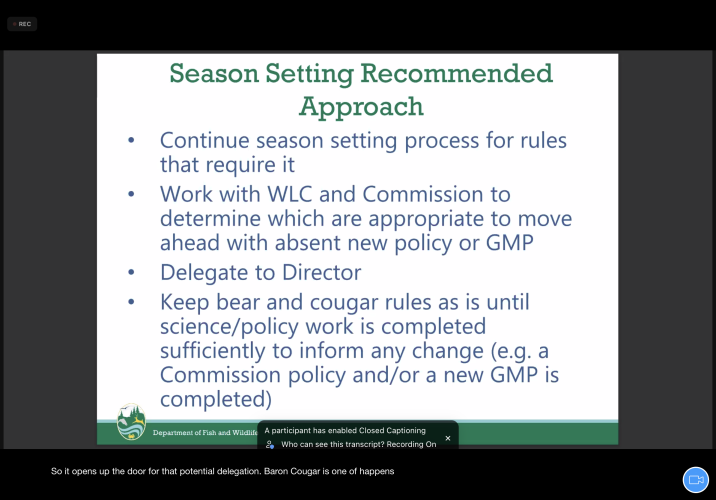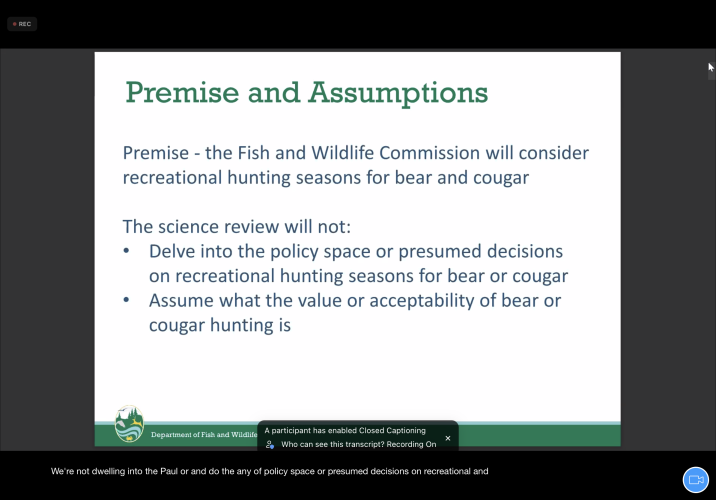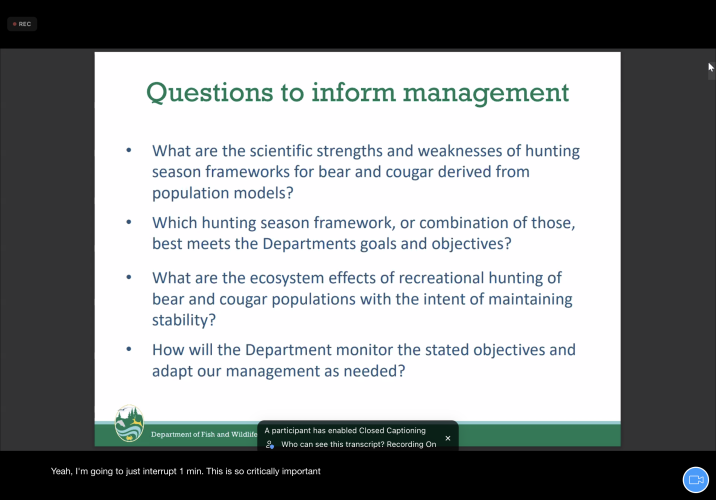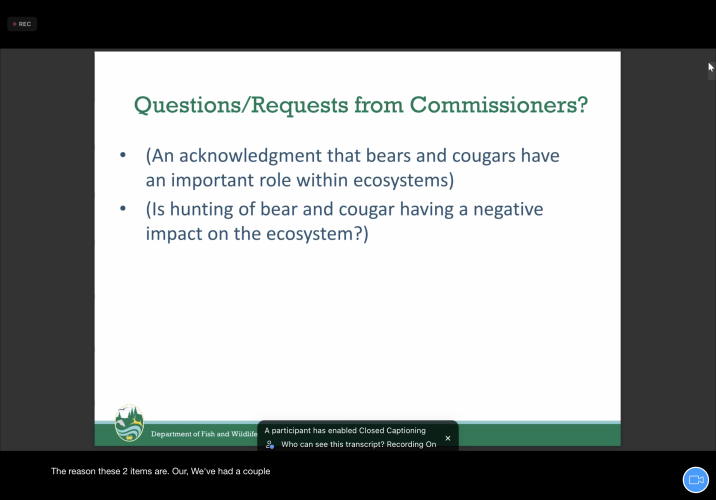Hammsolo
Well-known member
- Joined
- May 16, 2020
- Messages
- 1,933
Hey All, Click the link and do something quick. Our system is in trouble, and this will eventually affect you no matter where you live. There are multiple ways to get involved. Simply send a quick email. If they can’t hear us they assume we don’t exist. I know it’s short notice, and the clock is running down. We don’t have any timeouts left though. Keep Grinding, Nick
Get Engaged!!!
Get Engaged!!!








